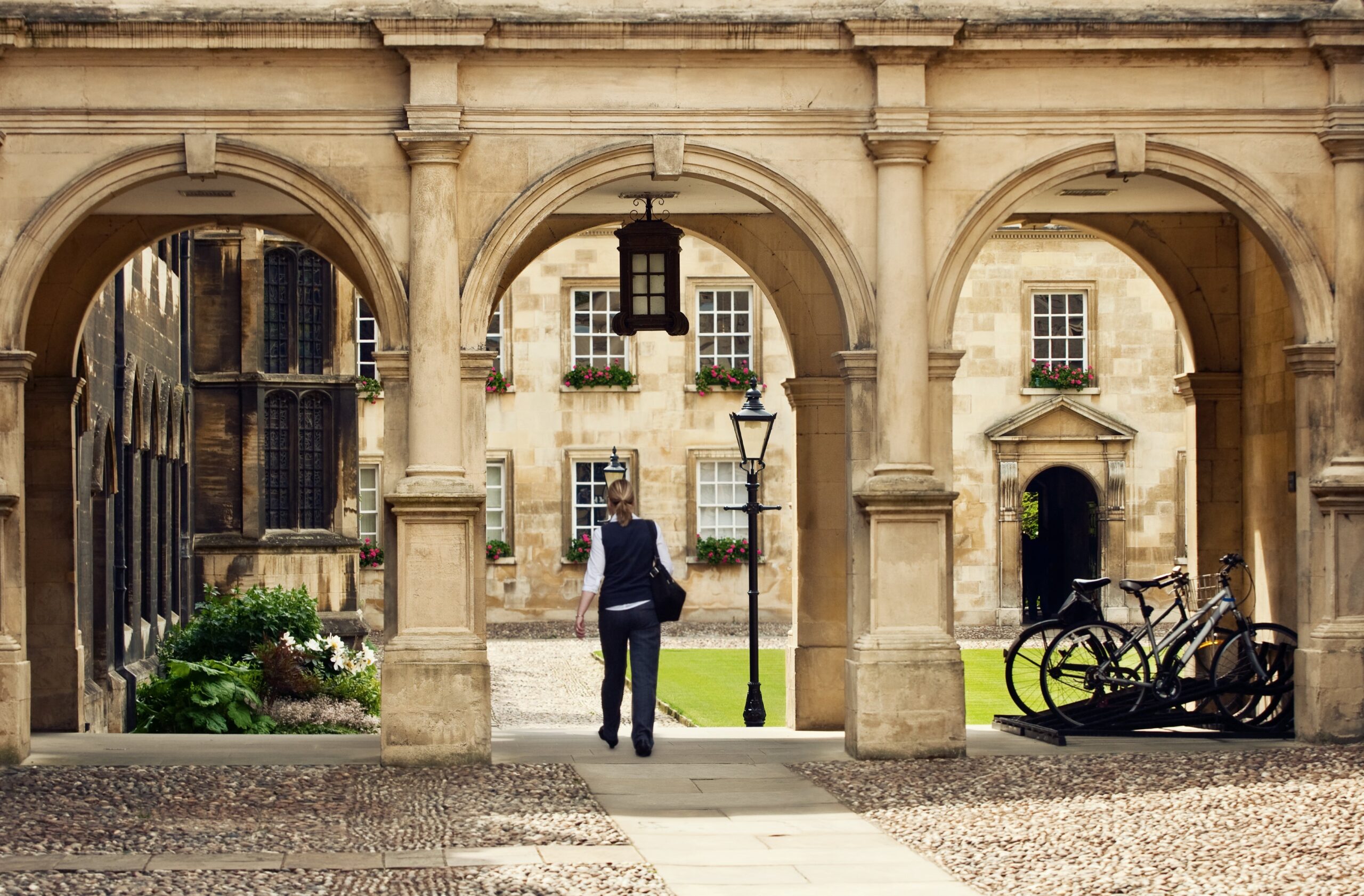On Thursday, the University of Cambridge stated that it had historically reaped the benefits of slavery. In addition, it promised to offer more scholarships for Black students and allocate money to dig deeper into its troubling history.
Suggested Reading
Cambridge had done its own investigation and said there was no evidence that the university itself ever owned plantations or slaves. However, the results showed it had gained “significant benefits” from slavery. The investigation also revealed that university benefactors did in fact make money from the slave trade.
The school invested in companies that engaged in it. It also received money from families that owned plantations. Fellows from Cambridge colleges had ties to the East India Company and investors in the Royal African Company also had connections to Cambridge; both of those two companies participated in the slave trade.
The University of Cambridge acquired donations from investors in both companies. It also directly invested in the South Sea Company, which was active in the slave trade. The Legacies of Enslavement report said that even though prominent abolitionists studied at Cambridge, their legacies will need to be revisited.
Cambridge’s Museum of Archaeology and Anthropology believe that its Benin Bronzes, which was acquired in a violent military campaign in the 19th century from a territory that later became part of Nigeria, should be returned. The British university said the museum would have an exhibition about slavery and power dynamics next year.
It also has plans on developing a center dedicated to research regarding the legacies of enslavement. The university wants to strengthen connections with colleges in the Africa and the Caribbean as well as develop postgraduate scholarships for Black British students.
Acknowledging and taking accountability for its brutal history as well as making a plan for inclusion are steps in the right direction for having real diversity.
Straight From 
Sign up for our free daily newsletter.



